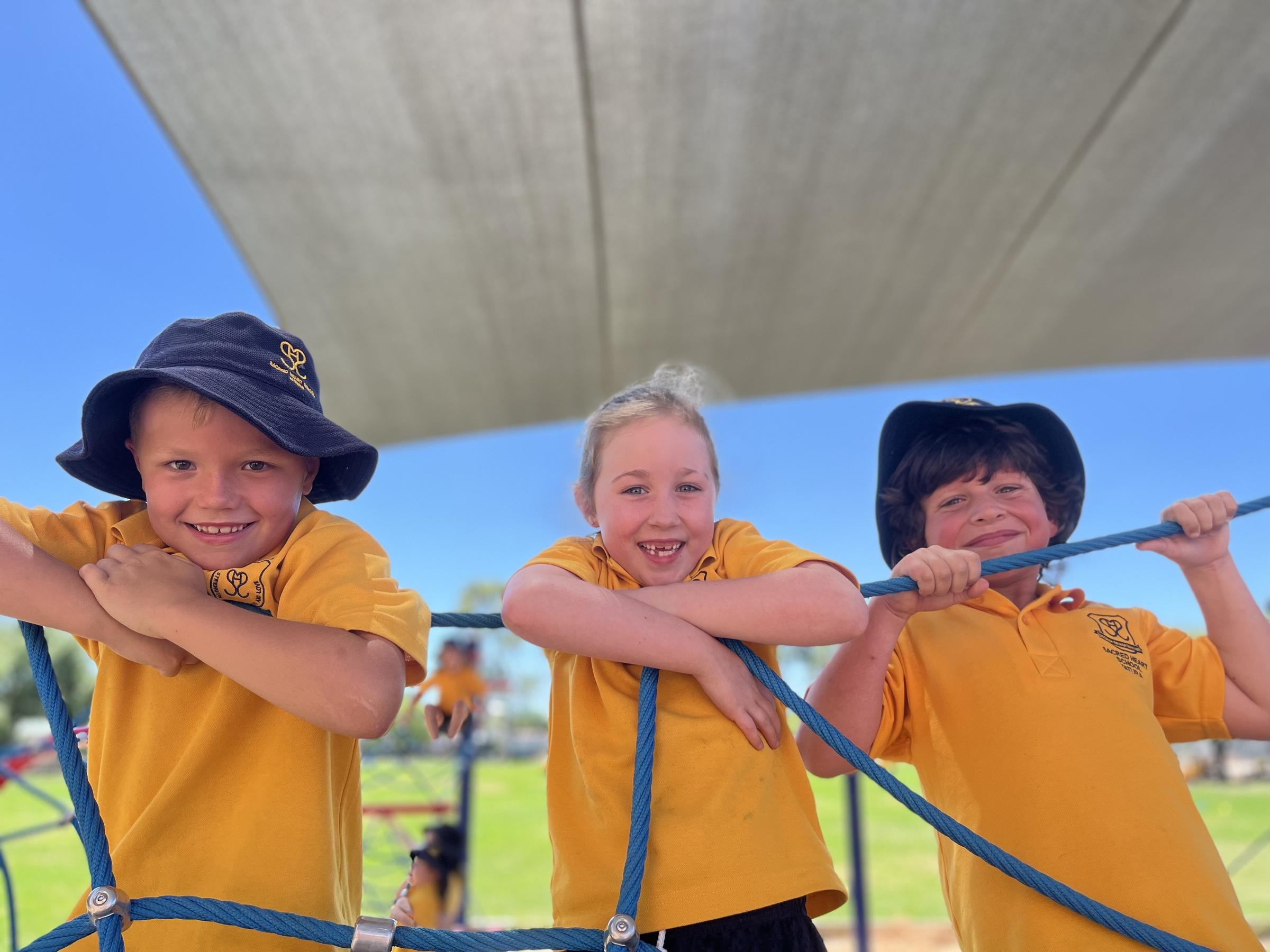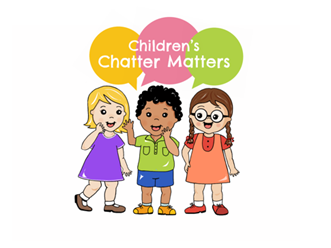Wellbeing MATTERS!

Sarah Langley is our Pastoral Wellbeing Worker and is available at the school every Monday. Sarah can assist students and families with improving their emotional health and wellbeing to build resilience, enhance coping skills for emotions and increase participation in school.
Sarah can offer short term support with information and referrals for parents, longer-term support for families facing complex issues and group programs during school time focused on self-esteem, social skills or grief and loss.
Sarah welcomes any emails or calls if staff or families wish to seek support. Sarah can be contacted via email: slangley@shtatura.catholic.edu.au at any time or at the school phone number on Mondays.
If ever you need help sorting out personal or family issues, give CatholicCare Victoria a call. They offer many services to all members of our community – ALL FREE.
CHILDREN’S CHATTER MATTERS
In order to prepare for the language & learning demands of the school environment, children need ample time and opportunity to engage in meaningful interactions with their family.
Research suggests that the types of questions we ask and the quality of discussions we have with our children, from a very young age, are linked to school success. As children progress through the grades they must learn to use extended discourse in telling stories, giving explanations, reporting, expressing an opinion or writing an essay. Asking children “if, why and how” type questions allows them to deepen their thinking and prepare longer and more complex responses. It makes sense to build their confidence with extended discourse gradually, beginning with simple oral tasks.
We encourage you to set some time aside each week so that you can get the most out of your interactions with your child. In a busy household, sometimes the car is the best place for these focused activities. The key ingredients for a creative interaction are a time, a place, a willing talking partner or audience and an engaging topic or activity.
Positive communication experiences at home help children feel accepted and valued. Growth in spoken language skills will build children’s self-confidence and help them learn to negotiate social interactions at school. This often transfers to other aspects of their learning and life.
You will also note that there are many links to recommended websites, apps and other technology resources. Whilst we suggest these technology- based activities, they are not essential to language and literacy learning. So much learning can come from the quality interactions you have with your child around a book, a movie or a simple board game.
Ten activities will be provided each term focusing on key areas of oral language supporting literacy, learning and socialising. Feel free to adjust these activities according to your child’s grade level.
The following link is to the most comprehensive website available that provides parents with activities that are free, easily accessible and enjoyable. Each activity has been carefully selected to reflect the highest quality, up-to-date research evidence on early literacy development. There is also advice for parents who are concerned about their child’s reading and language development.


